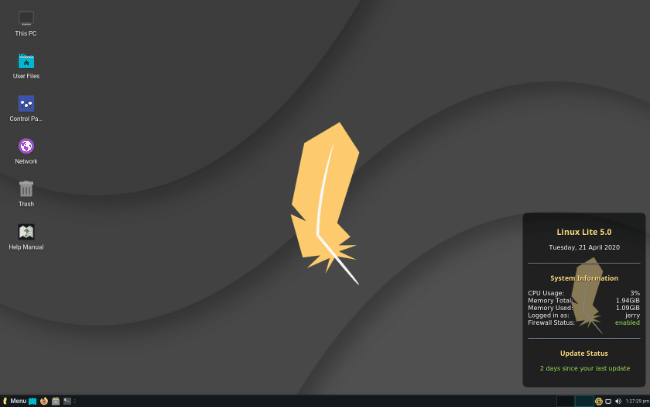
Ubuntu 20.04-based Linux Lite 5.0 RC1 is here to replace Windows on your PC
Windows 7 and Windows 10 aren't bad operating systems. In fact, they are both quite good. Unfortunately, since Windows 7 is no longer supported, some of its users are stuck in a conundrum. They have to decide whether to use an unsupported Windows 7 or upgrade to Windows 10 that is full of telemetry and other "spying" that passes their information to Microsoft's servers.
Well, I am happy to say there is another option -- switch to Linux. Yes, modern Linux-based operating systems will be supported (unlike Windows 7) and most will run great on aging hardware (unlike Windows 10). Linux Lite is one of the best Linux distributions for Windows-switchers, as it is lightweight, modern, and familiar. Today, the first release candidate of Linux Lite 5.0 becomes available, and it is based on the bleeding-edge Ubuntu 20.04. It even comes with modern software, such as Linux kernel 5.4.0, Gimp 2.10.18, Thunderbird 68.7.0, Firefox 75.0, and VLC 3.0.9.

Ubuntu Linux 20.04 LTS 'Focal Fossa' Beta now available for download
Today is Friday, meaning later this afternoon, we will officially be starting the weekend! Woo-hoo! Unfortunately, due to COVID-19, many of us will be spending our weekend downtime indoors once again. Sigh. The weekend is far less exciting when you've been self-quarantining for weeks due to a pandemic.
Thankfully, we can all still have plenty of fun while indoors thanks to the internet. Not only can we stream video and music, but we can play online video games too. If you are a computer nerd, however, I have a much better suggestion -- install the Ubuntu Beta! That's right, Linux fans, Ubuntu 20.04 LTS "Focal Fossa" Beta is now available for download. This doesn't just include the "vanilla" GNOME version either, but other variants like Kubuntu and Xubuntu as well.

Ubuntu Linux publisher Canonical launches Managed Apps for enterprise DevOps teams
Ubuntu creator Canonical is launching a new Managed Apps platform, allowing enterprises to have their apps deployed and operated by Canonical as a fully managed service.
At launch the service will cover ten widely used cloud-native database and LMA (logging, monitoring and alerting) apps on multi-cloud Kubernetes but also on virtual machines across bare-metal, public and private cloud.
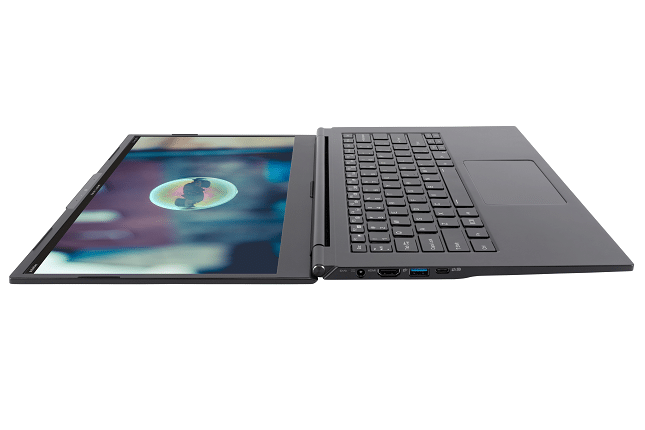
System76 Lemur Pro is an Ubuntu Linux workhorse laptop
System76 sells a lot of different types of computers, including desktops, laptops, and servers -- all come pre-loaded with either Ubuntu or the Ubuntu-based Pop!_OS Linux distributions. While the company's hand-crafted Thelio desktops are probably its most exciting machines, the majority of consumers are probably better served by a laptop. Let's be honest, while hardcore power users and gamers will certainly want a desktop, notebooks are more functional for the average computer user, as it allows them to easily work in different locations.
With all of that said, System76 has several laptop models, ranging from under $1,000 for, say, the fairly basic "Galago Pro," to well over $2,000 for the high-end "Adder WS" portable workstation. In other words, there are many models to meet the needs of many -- including both budget and power perspectives.

A new Ubuntu Linux LTS is now available
There are two types of Ubuntu users -- brave ones willing to use bleeding edge variants of the Linux-based operating system, and weak ones that stick with the Long Term Support versions. Of course I am just kidding; there is absolutely nothing wrong with using LTS variants of Ubuntu. In fact, it is actually quite wise -- especially for business users -- since it focuses on stability and compatibility. Even home users should probably stick with LTS, as long support can be preferable to having the new "shiny" version. Personally, I like to go with whatever is the newest -- support length be damned -- but I digress.
Now, Canonical is releasing the newest version of its LTS Linux-based operating system -- Ubuntu Linux 18.04.4. Yeah, it is just a point release, and not 20.04 LTS (which will arrive in April), but still, it would be a good idea to update your installation media. It isn't just the normal version of Ubuntu being updated -- which uses the GNOME desktop environment -- but other flavors too. For instance, Kubuntu, Xubuntu, Ubuntu MATE, Lubuntu, and Ubuntu Budgie are all being bumped up to 18.04.4.

Ubuntu-based elementary OS 5.1.2 Hera update fixes dangerous Linux sudo bug
A few days ago, we reported on an extremely serious sudo bug that impacted some Unix and Linux-based operating systems. While Ubuntu was not affected, two popular operating systems based on it -- Linux Mint and elementary OS -- were impacted, sadly. This was due to pwfeedback being enabled on those operating systems.
Thankfully, the folks over at elementary have already squashed the bug in the latest version -- 5.1.2 Hera. Even better, the sudo vulnerability fix is not the only improvement found in this version of the Linux distribution.

Switching from Windows 7 to Ubuntu Linux is very easy, so why is Canonical making it seem so hard?
I am a huge proponent of using Linux-based desktop operating systems, and I try to convert people from Windows whenever it makes sense. Why do I do this? Well, Linux distributions, believe it or not, are often easier to use than Microsoft's operating system. With so many people living in the web browser these days, a Linux installation with Google Chrome is largely all an average user needs. More advanced users can install excellent free software such as LibreOffice or GIMP -- if needed. Not to mention, it can be argued that Linux is more secure than Windows. Overall, switching to Linux is a huge win for many.
Even installing a Linux distro is easy these days. Long gone are the days where the installation required a degree in computer science (except for Arch, maybe). The current Ubuntu installer, for instance, is more straightforward than the one found on Windows 10! So why in the hell is Canonical, the maker of Ubuntu, making it seem so damn hard? You see, the company has put out an installation guide that will make a person curious about switching to Ubuntu to instead run for the hills.

Official how to switch from Windows 7 to Ubuntu Linux tutorial now available
If you are still using Windows 7 on your computer, you are making a huge mistake. Running an unsupported operating system is pure foolishness -- there will be countless exploits in the future for which you simply won't receive patches. In other words, your data and overall online safety is now at major risk. If you insist on sticking with Microsoft's operating system, you might as well upgrade to Windows 10 -- either by installing the operating system on your current computer or buying a new PC with the OS pre-loaded.
Understandably, many people are scared of Windows 10 -- Microsoft's data collection through extreme telemetry can make it feel like your own computer is spying on you. In that case, a Linux-based operating system should be considered. Today, Canonical releases an official guide for those thinking of switching to Ubuntu from Windows 7. Not only does the guide address potential hardware incompatibilities, but it provides a handy list of popular Windows software and its comparable Linux alternatives.
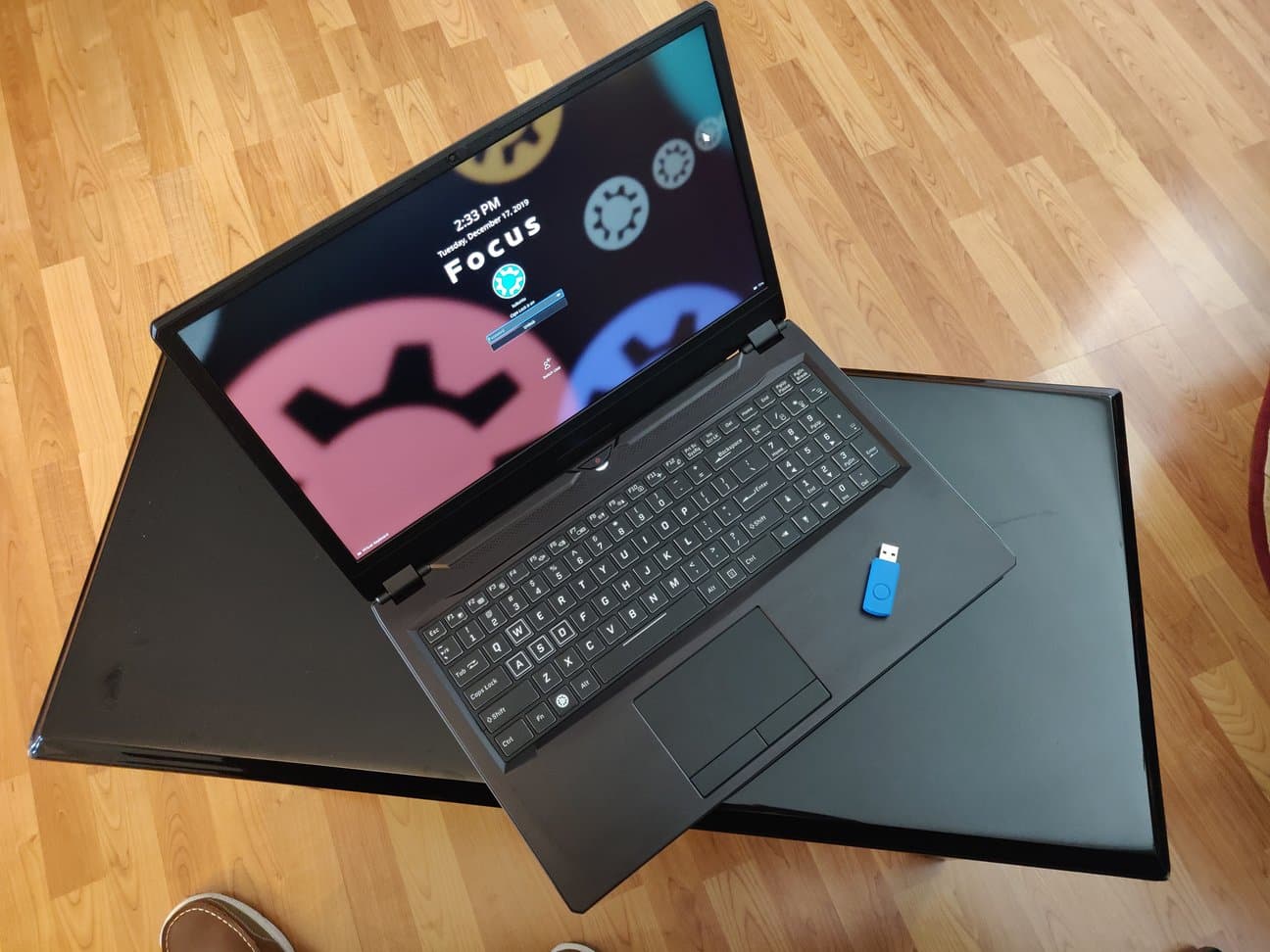
You can buy the official Kubuntu 'Focus' Linux laptop now
Ubuntu is one of the most popular Linux-based desktop operating systems in the world. Why? Well, it is easy to use, preloaded with useful software, and has one of the best online communities.
Not everyone likes the default GNOME desktop environment, however, so some folks opt for different flavors of Ubuntu, such as Xububtu (which uses Xfce) or Kubuntu (which uses KDE Plasma). Speaking of the latter, today, you can buy an official Kubuntu laptop. Called "Focus". It is an absolutely powerhouse with top specs.
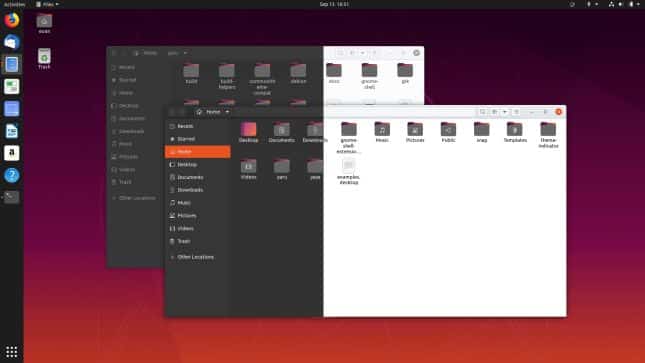
Ubuntu Linux 20.04 LTS should entice Windows 7 switchers with new theme
With Windows 7 dead and buried, it is time to begin looking forward. Microsoft would love for computer users to upgrade to Windows 10, and for many people, that is a very good idea. For others, though, a Linux-based operating system makes much more sense. An OS like Linux Mint or Linux Lite are great choices for switchers, as they feature desktop environments that will make the Windows convert feel comfortable.
Not all Windows users are scared of change, however. There is no reason why some of them can't jump into a Linux-based operating system that uses a radically different desktop environment, such as GNOME.
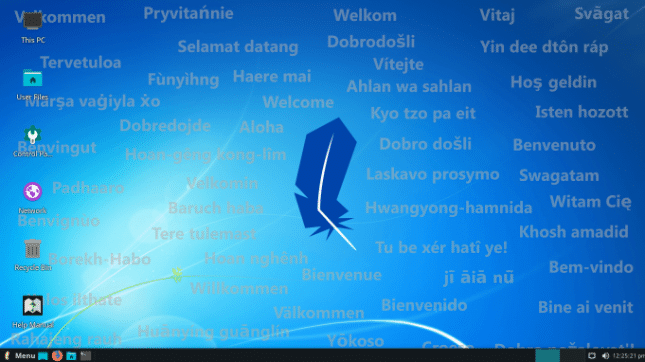
Windows 7 is dead -- switch to the Ubuntu-based Linux Lite 4.8 NOW!
Windows 7 is dead. Well, technically it will meet its demise tomorrow. On January 14th, the wildly popular operating system reaches "End of Life" status. This means Microsoft will stop supporting it. The company obviously hopes all remaining Windows 7 users will upgrade to Windows 10, but not everyone plans to do that. While Windows 10 is actually a very good operating system, many folks are put off by the overwhelming number of updates and aggressive telemetry. Understandably, some people feel that Microsoft's data collection is tantamount to spying.
Ultimately, using Windows 7 after tomorrow is foolish. Look, you should never use an unsupported operating system -- it is simply bad practice. If you refuse to upgrade to Windows 10, your best bet is to opt for a Linux-based operating system. There are many of those from which to choose, such as Ubuntu, Mint, and Fedora to name a few. There is one such Linux distribution, however, that is designed to run on older hardware and is focused on providing a welcoming experience to Windows 7 switchers. Called "Linux Lite," it has a user interface that will feel familiar to Windows 7 users. Today, Linux Lite 4.8 is released.
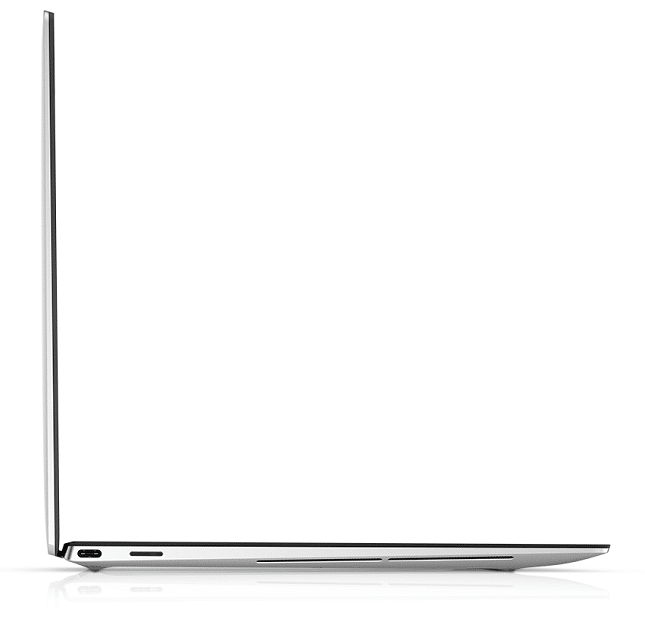
Dell announces XPS 13 (2020) Developer Edition with Ubuntu Linux and 32GB RAM
Dell's XPS 13 is a legendary laptop, not just with Windows users, but hardcore Linux fans too. You see, through the company's Project Sputnik program, Dell has long provided special "Developer Edition" variants of its laptops that come pre-loaded with Ubuntu. Operating system aside, the XPS 13 has been highly lauded for its build quality, attention to detail, and top specifications. Ultimately, you buy an XPS 13 and always know you are getting a quality laptop.
Today, Dell announces the newest XPS 13 Developer Edition and it looks incredible. This 10th generation computer (which is being dubbed "2020") is thinner and smaller while offering even better specifications, such as an improved 13.4-inch display (with 16:10 aspect ratio) and the ability to be configured with up to 32GB -- double the previous generation's maximum memory. There are no USB-A ports, sadly, but it does have two Thunderbolt 3 ports, a 3.5mm audio jack, and a micro SD card reader. You get thinner bezels and a larger trackpad too. Believe it or not, Dell is even promising proper fingerprint reader support in a future software update, meaning you can finally secure Ubuntu with biometrics!

Cloud predictions for 2020
Multi-cloud environments have been a hot topic for the last year. Already, businesses have been realizing the benefits of a vendor-agnostic approach, which not only minimizes costs but gives them the freedom to innovate. However, there are a couple of aspects of operations which will be key in ensuring multi-cloud remains viable for enterprises in the long-term.
Despite the freedom which comes with a vendor neutral ecosystem, orchestrators haven’t yet overcome the headache associated with migrating workloads between these different cloud infrastructures. The past year saw major cloud players like IBM making acquisitions to address this, but as yet, they haven’t found a successful solution. Over the next year, this will be a priority for enterprises looking to remove the bottlenecks in their CI/CD pipeline. Organizations will invest in services which can help them harness a multi-cloud ecosystem, by supporting fast deployment, scalability, integration and operational tasks across public and private clouds.
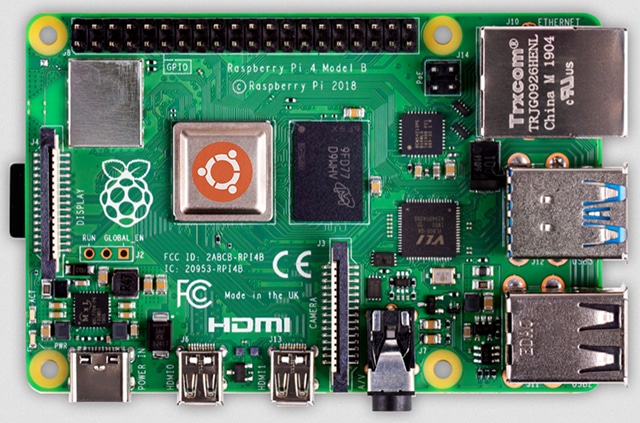
New, fully working Ubuntu Linux images now available for Raspberry Pi
While most Raspberry Pi owners opt for Raspbian as their operating system, the tiny barebones board can run a number of other Linux distros, including Ubuntu.
There was a major problem with the previous Ubuntu images though -- a kernel bug prevented USB ports from working on the 4GB RAM model of the Raspberry Pi 4. A temporary workaround was proposed, but Canonical has finally fixed the flaw, and made updated 32 and 64-bit images of Ubuntu available for the Raspberry Pi 2, 3 and 4, which you can download now.

Ubuntu Linux strangely promotes Brony culture on Twitter
I am not one to judge people. However, the whole "Brony" thing does bewilder me. If you aren't familiar, "Bronies," as they are called, are adult males that enjoy watching the TV show My Little Pony -- a cartoon designed for children. They even play with pony action figures and attend conventions where they dress up like ponies. Sadly, some of these Brony people even sexualize the cartoon ponies. It's a really disturbing community.
And so, today, I was a bit dismayed by a Tweet from the official Ubuntu Linux Twitter account. You see, on that social network, the operating system seems to be promoting Brony culture by suggesting users install a cartoon pony-related package called "ponysay."
